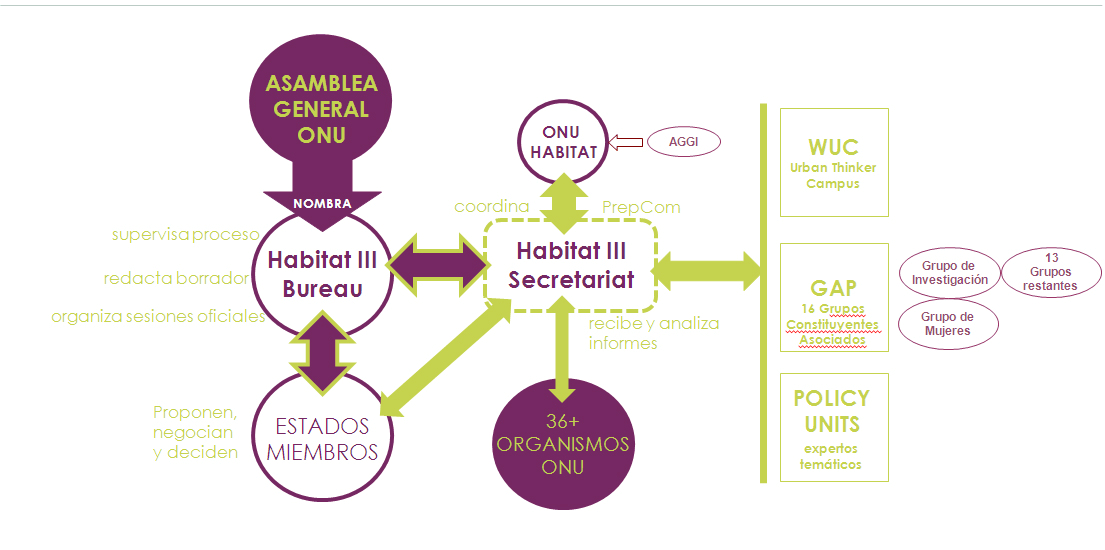Implementing the New Urban Agenda: Research and Gender
DOI:
https://doi.org/10.6092/2281-4574/5053Keywords:
Gender, Research, New Urban AgendaAbstract
The New Urban Agenda, in conjunction with the Sustainable Development Goals, sets a new and ambitious framework within which a new, more effective and systematic generation of policies addressing gender issues in planning should be implemented. I will argue in this article that technical knowledge based on sound research will be a key element on which to build this new round of policies aiming at an effective mainstreaming of gender dimensions within the field of urban policies and planning. Although there is a significant body of research on the topic of gender and cities created over the last four decades, the fact is that up to now this has not translated into effective experiences in the planning domain. While social planning areas in some countries do on occasion consider systematically gender dimensions, there is practically no experience that could be defined as gender mainstreaming into physical planning. The first section of the article focuses on how research and academia can contribute to creating the mechanisms to be set in place for the follow up and review of the New Urban Agenda. The second section looks at key objectives, topics, strategies and criteria that planning needs to take into account if it is to fully take into account gender issues.Downloads
Download data is not yet available.

Downloads
Published
2017-04-03
Issue
Section
Articoli
License
Gli autori che pubblicano su questa rivista accettano le seguenti condizioni:- Gli autori mantengono i diritti sulla loro opera e cedono alla rivista il diritto di prima pubblicazione dell'opera, contemporaneamente licenziata sotto una Licenza Creative Commons - Attribuzione che permette ad altri di condividere l'opera indicando la paternità intellettuale e la prima pubblicazione su questa rivista.
- Gli autori possono aderire ad altri accordi di licenza non esclusiva per la distribuzione della versione dell'opera pubblicata (es. depositarla in un archivio istituzionale o pubblicarla in una monografia), a patto di indicare che la prima pubblicazione è avvenuta su questa rivista.
- Gli autori possono diffondere la loro opera online (es. in repository istituzionali o nel loro sito web) prima e durante il processo di submission, poiché può portare a scambi produttivi e aumentare le citazioni dell'opera pubblicata (Vedi The Effect of Open Access).

